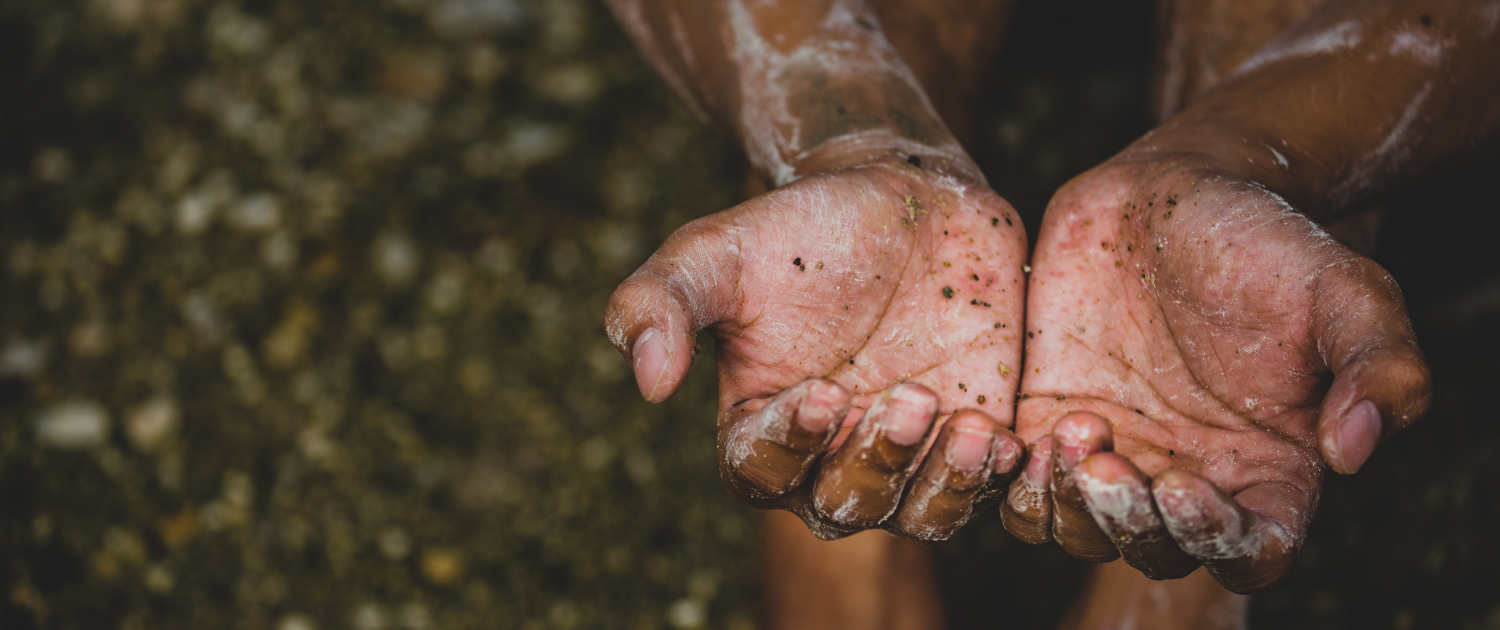Extreme poverty
According to the “international poverty line” set by the World Bank, a person is considered to be in extreme poverty when living on less than 1.90 int.$ per day. In 2018 the number of people living in extreme poverty was about 650 million. The effects of the COVID-19 pandemic and the resulting global health and economic crises have highly impacted on these numbers, with an increase of people living under the poverty line for the first time in 20 years.
The poorest of the world are denied basic human rights such as the right to an adequate standard of living including food and housing, the right to the highest attainable standard of physical and mental health, the right to education.
Those who live in extreme poverty are often socially excluded and marginalized from political power and processes. Their right to effectively participate in public affairs is often ignored. The elimination of extreme poverty is not a question of charity, but a pressing human rights issue. States are legally obligated to realise human rights for all, prioritising the most vulnerable which includes those living in extreme poverty.
In September 2012, the Human Rights Council adopted at its 21st session the Guiding Principles on Extreme Poverty and Human Rights.
Based on international human rights norms and standards, these Guiding Principles provide for the first time global policy guidelines focusing specifically on the human rights of people living in poverty. They are intended as a practical tool for policy-makers to ensure that public policies (including poverty eradication efforts) reach the poorest members of society, respect and uphold their rights, and take into account the significant social, cultural, economic and structural obstacles to human rights enjoyment faced by persons living in poverty.
APG23, networking with other NGOs, participated to the drafting process of the Guiding Principles and is committed to remove the root causes of extreme poverty worldwide.

